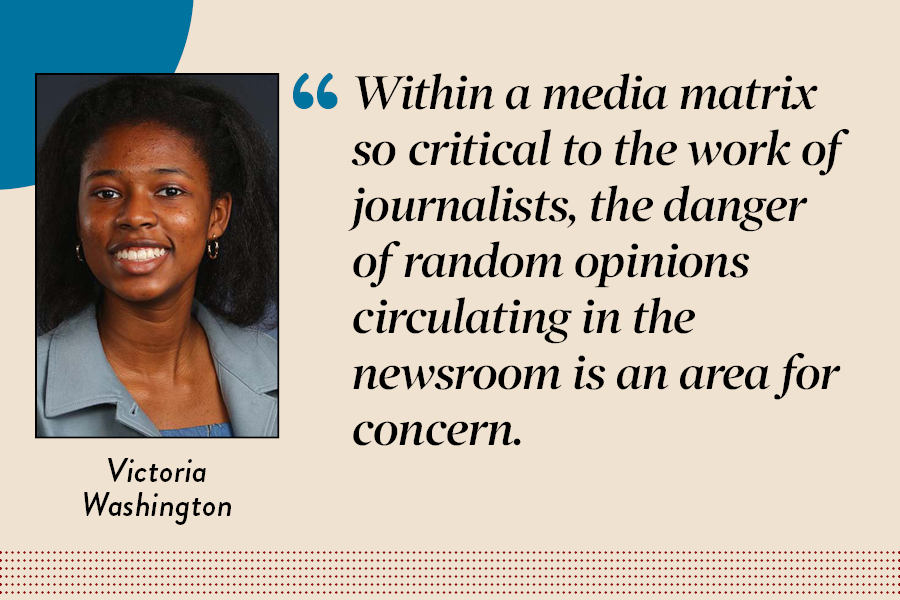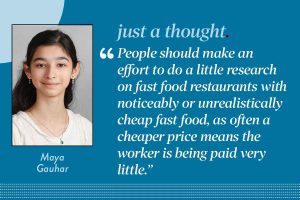Individual ownership of social media platforms threatens access to reliable information
Midway Staff
Audience Engagement Manager Victoria Washington argues individual ownership of social media platforms increases the danger of misinformation and disinformation.
January 12, 2023
On any given day, millions of users interact with feeds across the globe. Users can count on finding the news-related information through popular social media sites like Twitter, Facebook and Snapchat. But another social media site has a user base that’s just one-eighth of the total for Facebook yet consistently among the top two platforms for U.S. journalists: Twitter.
The not-so-new practice of billionaires like Elon Musk acquiring media outlets and social media companies is dangerous for the spread of misinformation, especially as accounts are suspended to promote filtered content and construct a narrative around its owner’s ideology.
While billionaire ownership of media companies is not recent, Mr. Musk’s policy decisions could have a greater impact on mainstream coverage. Billionaire Washington Post owner Jeff Bezos and Rupert Murdoch, (the executive of Fox Corporation and News Corp) have control over some of the most popular media companies in the United States While Mr. Bezos and Mr. Murdoch have significant control over their companies, they are not involved in day-to-day content restriction or publication. Mr. Musk’s controversial decisions as owner/CEO of Twitter call into question the speech privileges users have on the notorious blue-bird app.
In a controversial move, Twitter has temporarily suspended the accounts of several reporters from The Washington Post, The New York Times, MSNBC and CNN. A novel policy prohibits the free promotion of Facebook, Instagram and Truth Social among others. It will remove posts that include links or usernames from any of the restricted sites.
Mr. Musk has already made significant policy changes relating to the circulation of misinformation and disinformation on the platform, by lifting a ban on COVID-19 falsehoods. He has openly catered to a conservative agenda and has been praised for allowing previously banned opinions of users (including former President Donald Trump) to circulate on the app.
The power in controlling media is evident: once all public shares are bought by the owner, they have complete control of the type of information that circulates, as well as the suspension of accounts. Within a media matrix so critical to the work of journalists, the danger of random opinions circulating in the newsroom is an area for concern.




























































